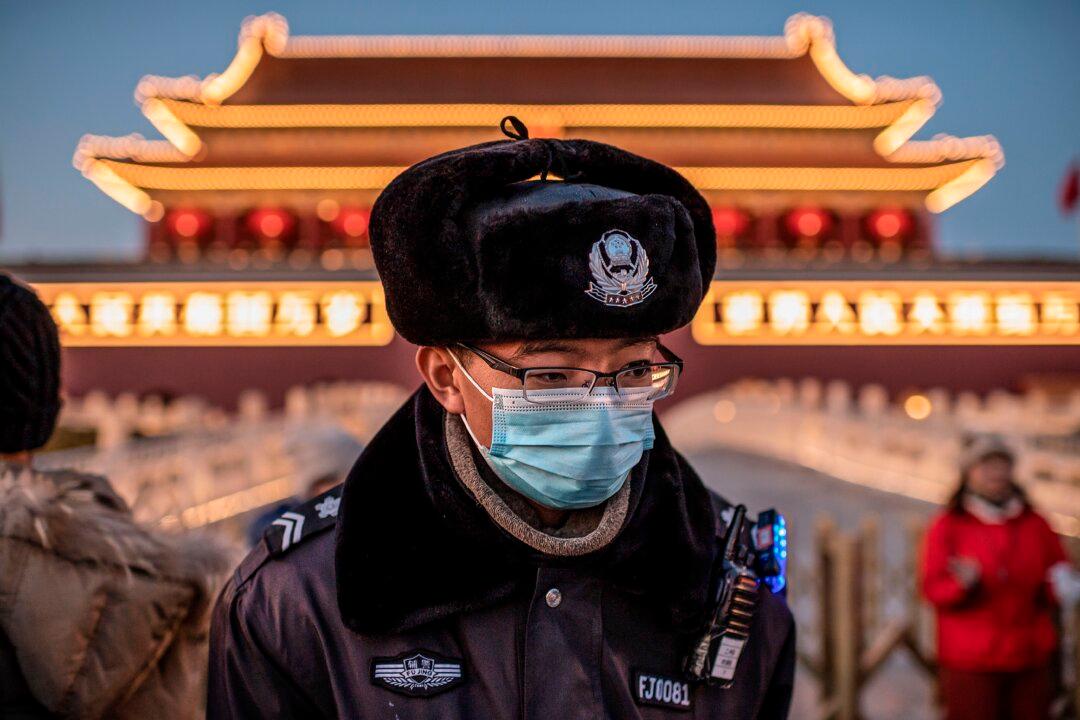The Chinese Communist Party has ramped up its propaganda efforts to control the narrative surrounding the novel coronavirus—by rejecting criticism and painting a picture that Beijing is effectively handling the outbreak.
The regime’s propaganda has gone through several phases: first ignoring the severity of the outbreak, then creating positive coverage, and now, blaming the United States.





